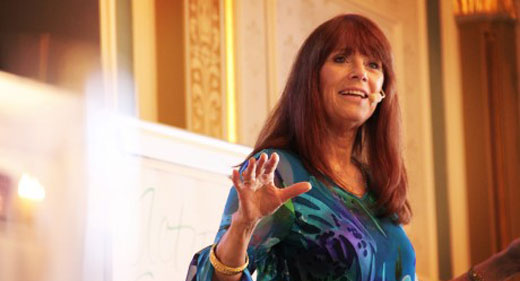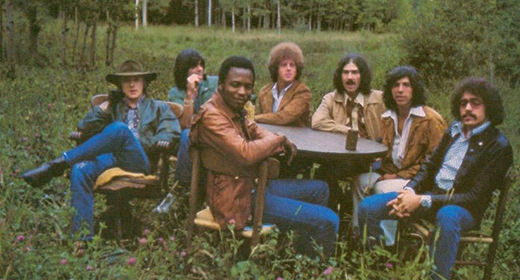by Mathieu Richard: The business world is a world of competition that often is very intense. Unhealthy competition is driven by greed, hostility, and unscrupulous selfishness. However, competition can also used as a source of inspiration to improve what we do.  Nothing could be better than a society centered on cooperation rather than on competition.
Nothing could be better than a society centered on cooperation rather than on competition.
Competition does not necessarily mean eliminating competitors by any means. On the contrary, in order to prosper, a company may, for instance, become a leader and inspire investors by intelligently adopting ethical values and a healthy environmental approach. Competition can drive us to improve the quality of products for the benefit of all.
Competition is linked to the modern exacerbated tendency towards consumerism. The effects of this have been well documented. Tim Kasser, the American researcher and author of The High Price of Materialism, spent 25 years studying tens of thousands of people. He researched the correlation between the tendency towards consumerism and living standards, social ties, health, and so on.
With his team he established a questionnaire to assess the extent to which people are attached to consumerism, and the extent to which they are concerned by “external” values (wealth, material property, social image, and so on) compared to “inner” values (contentment with one’s own life, friendship and social ties, ecological values, empathy).
He found that the higher the score on the “consumerism” scale, the less contented the people felt. Those high on the scale search for constantly fluctuating hedonistic pleasures and feel less concerned by the eudemonic satisfaction derived from durable inner values. They are driven by material values and have many professional social relations, but few friends. They are less content in their family life, and are even in less good health. They are less concerned by global issues that affect society as a whole, such as the environment.
That being said, they want happiness just as much as anyone else. No one gets up in the morning with the wish to suffer all day long! However, these people look for happiness where it cannot be found. Therefore, we need to understand, individually and collectively, that inner contentment contributes to a successful life more than excessive consumerism. Consumerism is a little like drinking salty water; the more we drink, the thirstier we become. Values such as contentment and simplicity on the other hand, have been praised by contemplative traditions for millennia.
In particular, we must learn to avoid pursuing what is superfluous. Thirst for the superfluous has come to such an exaggerated point that we now need to be aware of it. A healthy economy should be able to provide for everyone’s real needs. However, we devote a great part of our resources, work, and time to the pursuit of what is neither necessary nor useful to the common good.
It makes no sense for a nation to be the wealthiest and most powerful if it is one of the unhappiest. We must put the accent on “gross national happiness” rather than “gross national product”. Otherwise, what is the point of breaking our backs and working so hard?
Consuming is certainly vital for our survival, but we need to think about how to give it a constructive and altruistic dimension. An altruistic economy means that people should not be driven exclusively by personal gain (the classical economic theory). Instead, trust, respect for equality, and consideration for the intrinsic value of others (not considering others as instruments just to be used for the promotion of our interests) should become a primary component of human feelings and behavior.









































